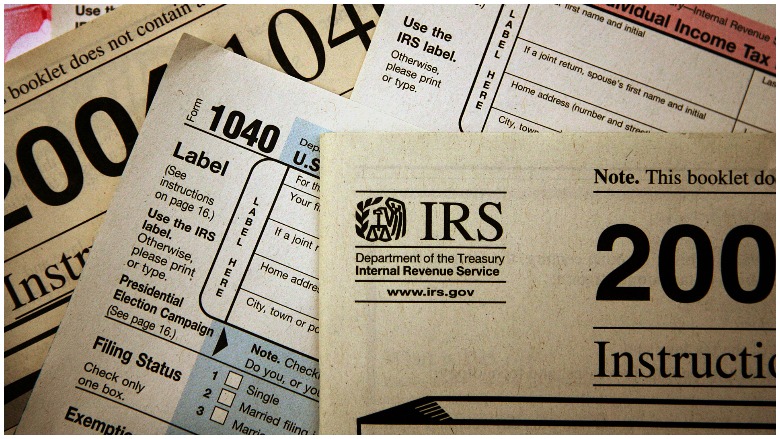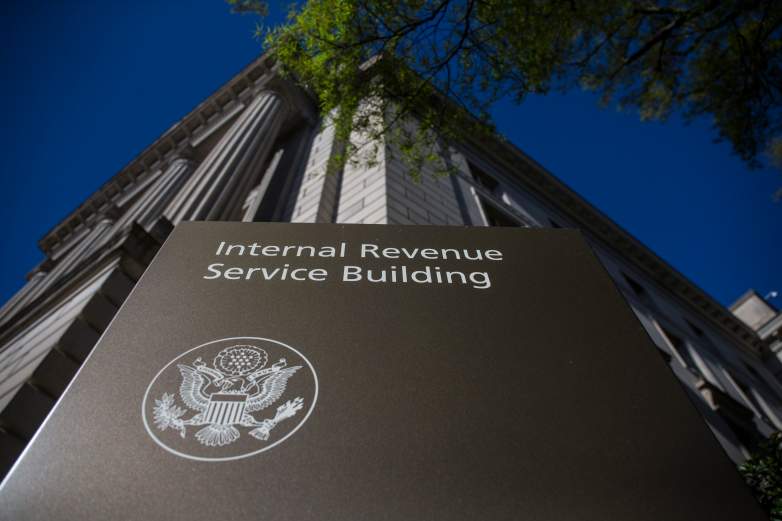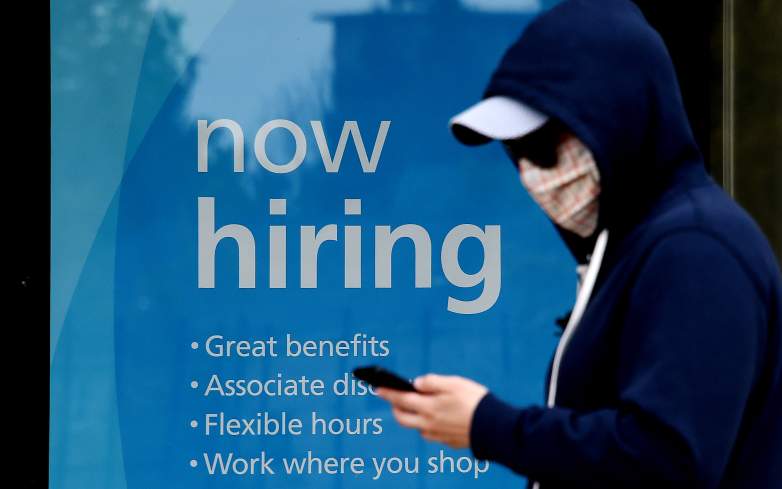
Millions of Americans receiving unemployment benefits stemming from the coronavirus pandemic may owe taxes on that income when they file this year.
According to a recent Jackson Hewitt Tax Service survey reported on by Nexstar Media Wire, roughly 40% of Americans receiving pandemic unemployment benefits did not know their checks were taxable, the news station reported. People who did not set aside or withhold money from their unemployment income for their 2020 income taxes could owe the IRS 10% of that income when they file, Nexstar reported.
More than 18 million unemployed Americans were receiving jobless aid during the week ending January 9, the U.S. Department of Labor disclosed in a late-January data report. However, Marketplace reported in August 2020 that some economists estimated more than 30 million people were receiving unemployment benefits at the time.
Mark Steber, chief tax information officer at Jackson Hewitt, told Fox Business that unemployment benefits, including the enhanced federal aid in response to the coronavirus pandemic, count as taxable income.
“This year there is real potential for refund shock,” he shared with the outlet. “A large number of people receiving unemployment benefits don’t know that the benefits are taxable, that taxes are not automatically withheld, or that unemployment pay can impact other tax credits.”
“For an individual that maybe received $25,000 in unemployment benefits, what do those taxes look like based on those benefits? I’m going to say a minimum of $2,500,” Feliz Garcia, a tax professional with Happy RGV, told Nexstar.
Here’s what you need to know:
The Benefits Are Taxable at the Federal Level & by Most States

Getty
CNBC reported that the enhanced federal unemployment benefits passed via last year’s Coronavirus Aid, Relief, and Economic Security Act, also known as the CARES Act, as well as under the most recent stimulus package signed in December, are taxable both at the federal level and by most states. California, New Jersey, Oregon, Pennsylvania and Virginia waive state taxes on unemployment, while several other states don’t levy income taxes at all, according to the outlet.
CNBC noted that tax-filers will not have to pay Social Security and Medicare taxes on the unemployment benefits.
“The total amount of income you receive and your filing status will determine whether or not you need to file a tax return,” Fox Business added.
Unemployment Recipients Have 2 Options to Avoid Unexpected Taxes

Getty
According to Fox Business, unemployment recipients have two options to avoid paying unexpected taxes on their benefits for 2021.
The first option is to initially withhold the taxes, Fox Business said.
“When you first receive benefits, your state government will provide you with an IRS Form 1099-G,” the outlet reported. “You can choose to have income taxes withheld from your compensation at this time (the total federal tax withheld will appear in Box 4, and the state tax withheld will appear in Box 110).”
For those who are already receiving payments, Fox Business said a W-4V form can be filed to allow the taxes to automatically be taken from the checks before they hit the bank.
“This informs the payor (the state government) to withhold 10 percent from your check for federal income tax,” Fox Business wrote.
According to Fox Business, the second option is for the tax-filer to make quarterly payments to the Internal Revenue Service.
“To do so, beneficiaries will have to calculate their obligation and meet payment deadlines every three months,” the outlet shared. “Undershooting how much you owe or missing a deadline could result in a penalty charge.”
READ NEXT: WATCH: Claudia Conway TikTok Video Shows Police Interviewing Kellyanne